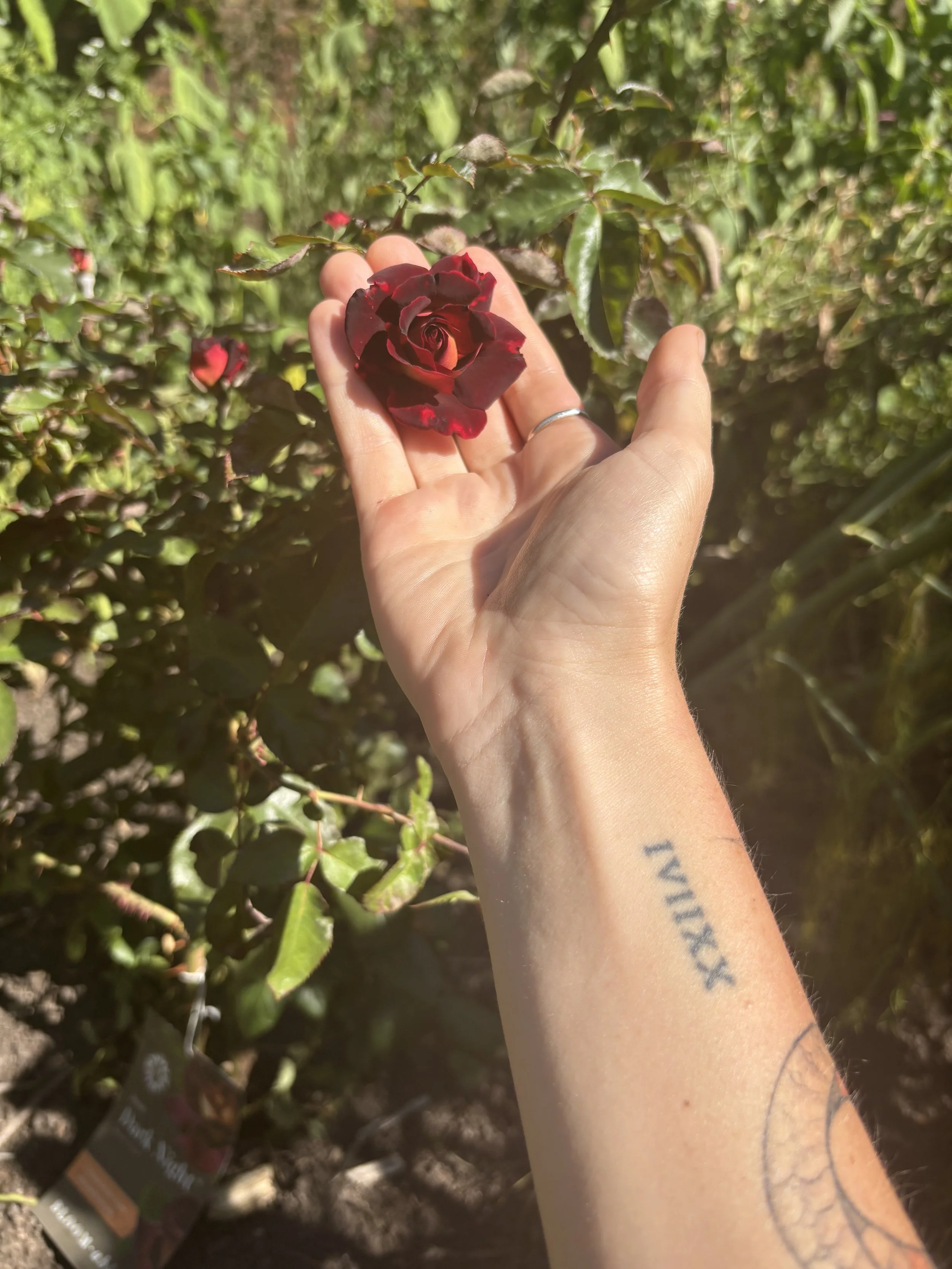
Research Spotlight: Pain Research and its Window into the Mind-Body Connection
Below, you will find a in-depth analysis of the pain experience of children and the nuances of their interface with their care providers through the bio-psycho-social model of pain. This work provides important insight on the psychosomatic implications of pain as emotional trauma manifesting in the body, the mind-body connection, adult pain, the nuances of pain being witnessed by an outside authority, gynecologic pain, labor pain, the multidisciplinary range of healing modalities available to those seeking relief from pain, our choice of pain relief approach, and how narratives about pain linked to our identities (sex, gender, race, etc) can affect our pain experience and perceived pain tolerance (whether we even have the capacity or safety to feel the pain we are carrying).
Interestingly, my perception of pediatric chronic pain care mirrored my appraisal of mainstream obstetric care in many ways: namely, very little emphasis on the quality of the patient-provider relationship, less of a focus on the lived experience of the child, overemphasis on medications and quick fixes rather than utilizing a wider range of coping strategies that would foster self-efficacy, resiliency, build capacity to feel sensations in the body, self-stewardship behaviors, and ultimately, the sustainable reduction of pain experienced. We can give a child one fish to eat today (an analgesic pill), or teach them how to procure fish regularly for themselves for a lifetime (emotional regulation, self-soothing, building capacity to feel sensation and emotion in the body, and identity-formation beyond one’s pain).









